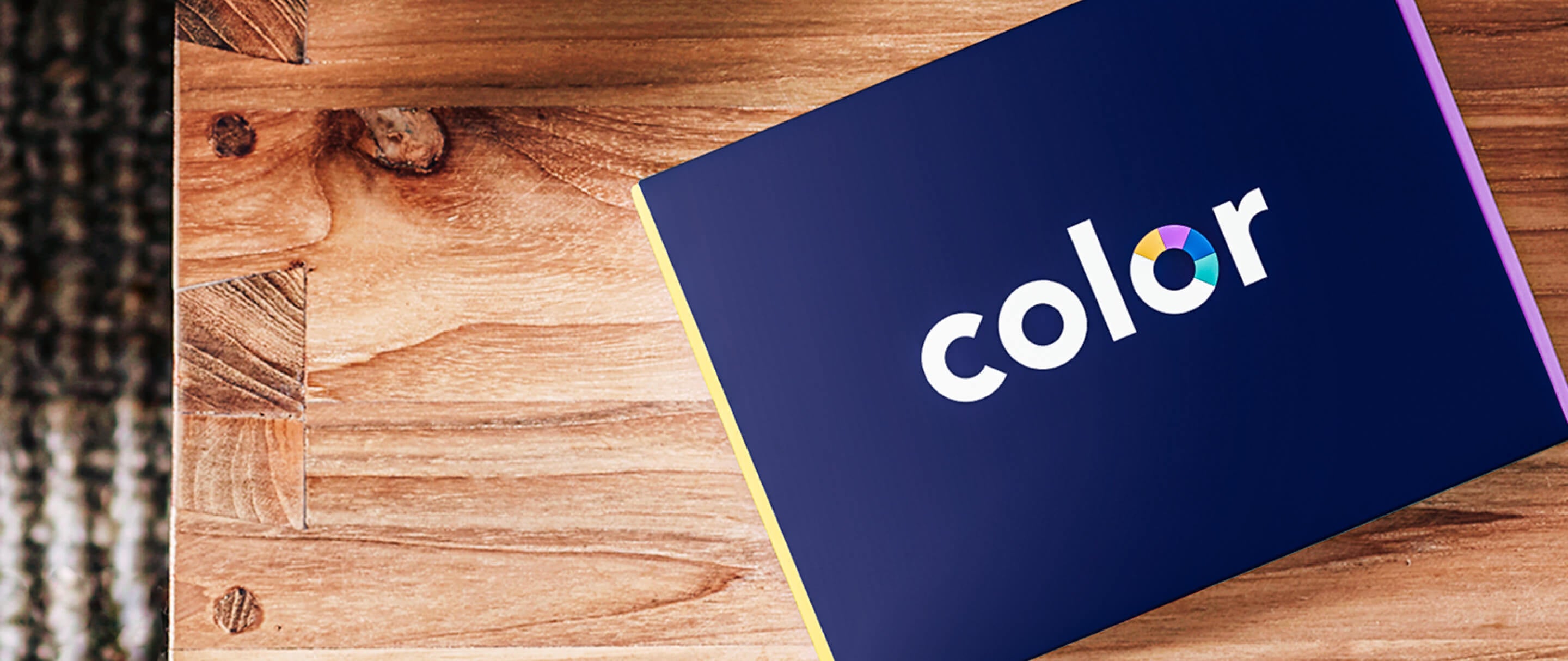News & Articles
Celebrate Family History Day This Thanksgiving – Color
Lily Servais
With Thanksgiving approaching, many of us are looking forward to spending quality time with our family. Did you know that Thanksgiving is also National Family History Day? This year, take advantage of having the entire family together and start a conversation about your family health history. This knowledge can have a significant impact on your own health, as well as the rest of your family’s.
Here are a 6 tips for kicking off the dialogue:
1. Ease into the conversation.
It isn’t always easy to talk about health with your family. Try initiating the discussion with people in a one-on-one setting. Your relatives may be more comfortable in private than at the Thanksgiving table.
2. Share the importance of family history.
Many common conditions such as diabetes, heart disease, and cancer can have a strong genetic component. Knowing about your family health history of a disease can enable you to take steps to lower your chances of getting the disease. Talk to your doctor about any steps that you can take such as prevention measures and early screenings.
3. Ask key questions.
The following questions can provide important clues:
- What diseases or conditions have family members had?
- At what age were they diagnosed? Did the disease occur at an age earlier than is expected (for example, breast cancer under age 50)?
- Does this disease occur in more than one close relative?
4. Start with close relatives.
The health history of your closest relatives influences your health the most. Gather information about your parents, children, siblings, grandparents, aunts and uncles first. Extra credit if you go beyond your first- and second-degree relatives.
5. Record, record, record.
Write down your family history. There are many online resources that could help, such as the U.S. Surgeon General’s “My Family Health Portrait Tool”. Color offers a health history tool for you and your family to store this valuable information — simply create an account to get started. You could also jot it down in a notebook or a computer document by capturing the information in list form, similar to a health history you’d fill out at your doctor’s office. Be sure to keep it in a safe location where you’ll be able to find later.
6. Share with your physician and relatives.
If your sleuthing has uncovered something new, bring a copy of your health history to your next doctor’s appointment. Your family’s health history is also valuable to your relatives. The more informed they are, the more empowered they will be about their own healthcare decisions.



